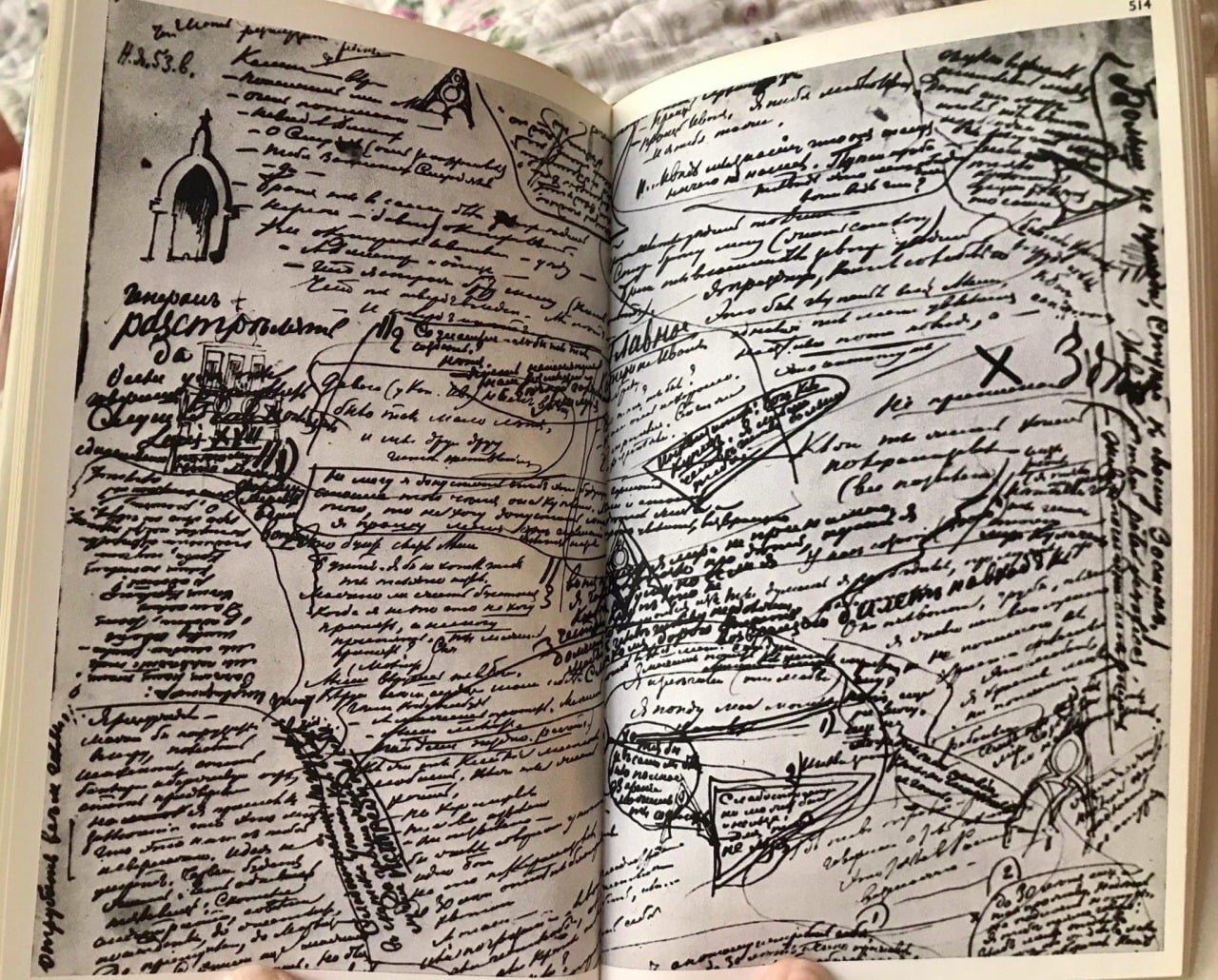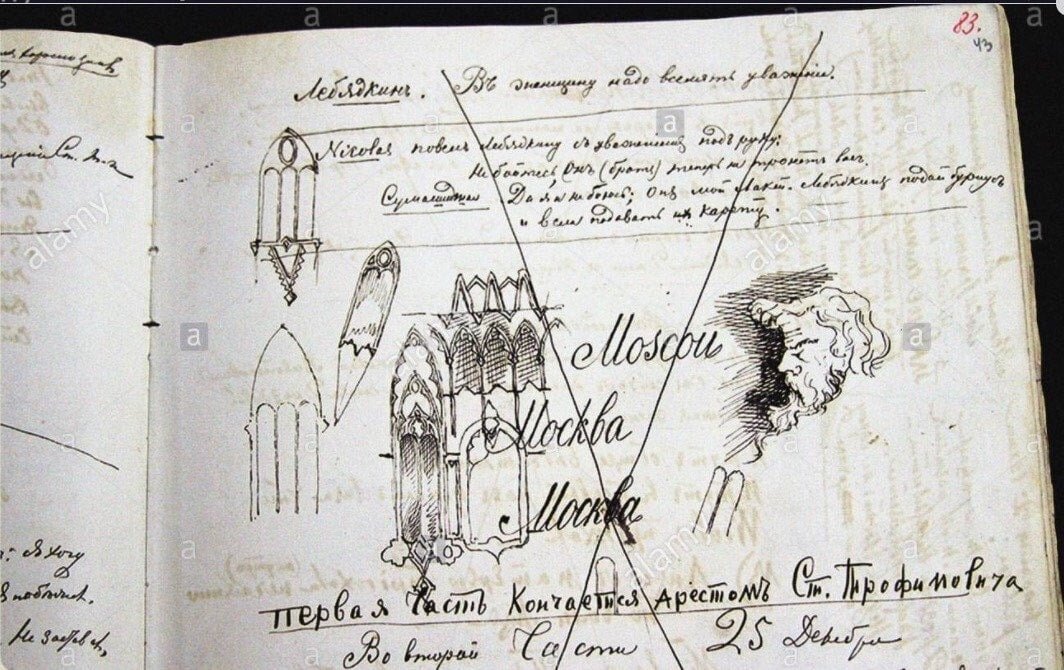Friday Links, August 13 2021
+ We believe novels should not be didactic. But Dostoevsky did not agree.
+ Pages from the MS. of The Brothers Karamozov.
+ Could Smeagol in Lord of the Rings be saved?
+ What makes art valuable – or not?
+ Stories set in Brazil by a seasoned poet and storyteller.
The Greatest Christian Novel
Gary Saul Morson writes at “First Things” about Dostoevsky’s The Brothers Karamazov. In our era, we believe novels should not be didactic. But Dostoevsky apparently did not agree.
"Dostoevsky, and Russian writers generally, regarded the realist novel as more than a literary form. It was a philosophical instrument capable of demonstrating truths that treatises could only assert. As Dostoevsky explained in his article “Mr. D-bov and the Question of Art,” the genre’s requirement that events be plausible and characters believable can be used to expose the fake and reveal the shallow.. . ."
"Realist plausibility demonstrates real possibility: This idea explains why Russia’s greatest thinkers have been fiction writers. Dostoevsky shaped Karamazov to prove that the Christian outlook, derided as unsophisticated by members of the Russian intelligentsia, offered the deepest understanding of ethics and psychology available."
Pages from Fyodor Dostoevkys's manuscript of The Brothers Karamazov
Wantons and Werewolves
Eleanor Bourg Nicholson, author of A Bloody Habit, The Letters of Magdalen Montague, and Brother Wolf, and a Dappled Things contributor, wrote this eloquent essay published at Catholic World Report. It evokes the old question, “Is there such a thing as unforgivable sin?”
“Mommy, can Smeagol be saved?” Our eldest daughter asked this question during her introductory reading of The Lord of the Rings. The discussion of this important point drew in my husband. I attacked the question from the literary side, he from the philosophical. Our discussion culminated in a lengthy lecture, complete with charts sketched on the chalkboard, drawing in Aristotle, St. Thomas Aquinas, Dickensian murderers, addiction, and werewolves (a popular topic in our home because of my new Gothic novel, Brother Wolf). The result was an illuminative exploration of the moral life and its significance in classic (and not-so-classic) literature.
Invisible Sculptures and Other Strange Doings in The Art World
The Saturday Evening Post’s art critic David Apatoff takes a sceptical look at “a series of highly peculiar events in today’s overheated art market”—including Banksy’s painting that shredded itself immediately after it was sold at auction for $1.4 million—and raises the question, “What makes art valuable – or not?”
[T]oday’s art market puts more emphasis on the “market” part and less emphasis on the “art” part. Wealthy collectors pay huge sums of money for art as a status symbol, rather than for the traditional qualities of art, such as beautiful line, color and design. Investment bankers, crypto-currency speculators and other collectors who shape today’s high stakes art market will often hire consultants to identify what is good, or what is worth the investment, rather than purchasing what the collector personally finds beautiful and meaningful.
“Salvator Mundi,” by Leonardo da Vinci… or is it? Provenance very murky. (Photo by R.T. M. Sullivan)
Padre Raimundo's Army & Other Stories
Katy Carl, Dappled Things Editor in Chief recommends this book by Arthur Powers, “Also a friend of Dappled Things!”
“Arthur Powers writes in deceptively simple prose that always reveals more that it seems to say. Behind these powerful stories about Brazil during a tumultuous part of its history, one senses an epic struggle against principalities and powers, even a glimpse of how it can come to be that the meek will inherit the land."—Bernardo Aparicio, Founder of Dappled Things







